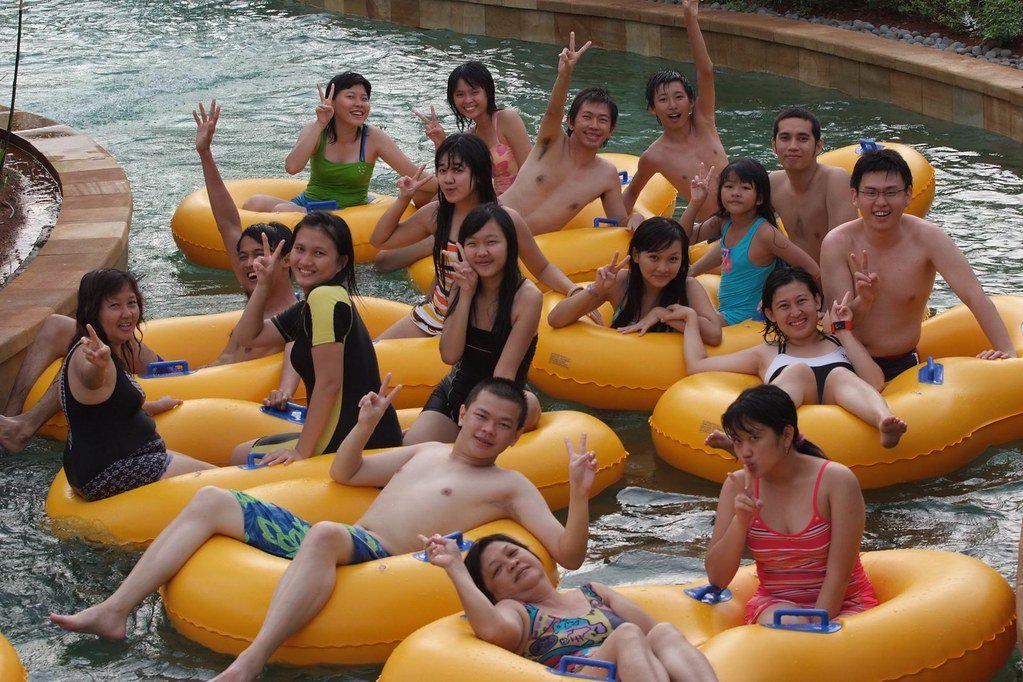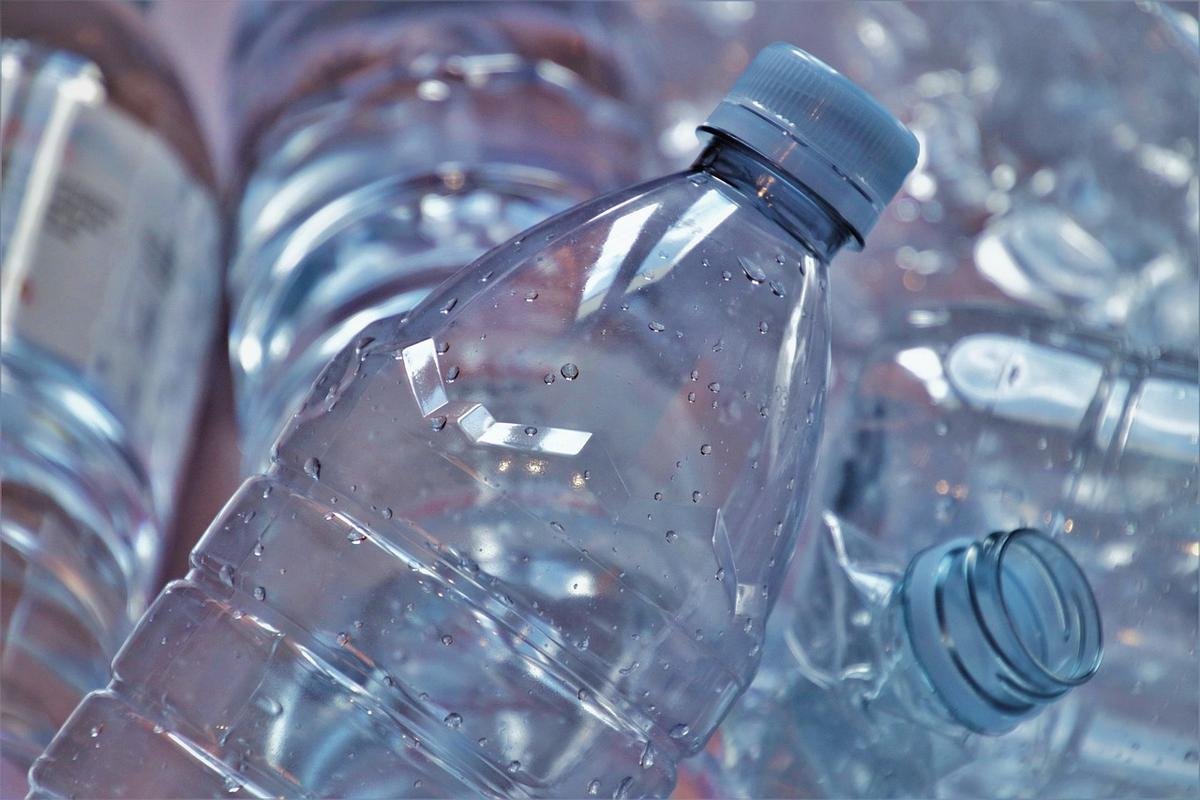Waterbom Bali Slashes Landfill Waste to 1.2%, Composts and Recycles 98.8% of Park Trash
June 2025 – Waterbom Bali has shared new data on its waste reduction efforts under its zero-landfill plan. All organic material is processed on site to nourish gardens, eliminate chemical additives, and shrink environmental impact. Between January and March 2025, just 1.2% of the park’s waste was landfilled, with the other 98.8% composted or recycled on site. This milestone reflects months of effort by park staff and guest participation.
Park operations generate up to 800 kilograms of organic waste daily, from fallen leaves and trimmed branches to kitchen leftovers from the park’s restaurants. Guests use clearly labeled, color-coded bins at disposal points that separate organic from non-organic refuse. This approach speeds sorting and cuts extra handling steps. Collected materials merge with garden trimmings before entering the composting area.

In the onsite facility, organic matter undergoes a six-month decomposition cycle. The Green Team monitors the compost piles daily, measuring temperatures at various depths and occasionally turning the mix to maintain airflow. Microbes, worms, and fungi work together to convert scraps into a nutrient-rich soil amendment. No synthetic fertilizers are used; the park relies entirely on natural processes to produce chemical-free compost.
The final compost is spread across the park’s gardens to boost plant health without added chemicals. The operation produces eco-enzymes—a liquid fertilizer made by fermenting fruit scraps with water and brown sugar. After around six months, the mixture is strained and applied to planting beds, delivering extra nutrients and supporting root development. Each batch is checked for pH balance and strength before use around the grounds.

This approach cuts methane emissions by keeping food waste out of landfills, tackling a gas with high warming potential. Nearby communities benefit from cleaner air and fewer odors at disposal sites. “Small actions, big impact.” That phrase captures the park’s method for caring for guests, maintaining green spaces, and protecting the local environment.







